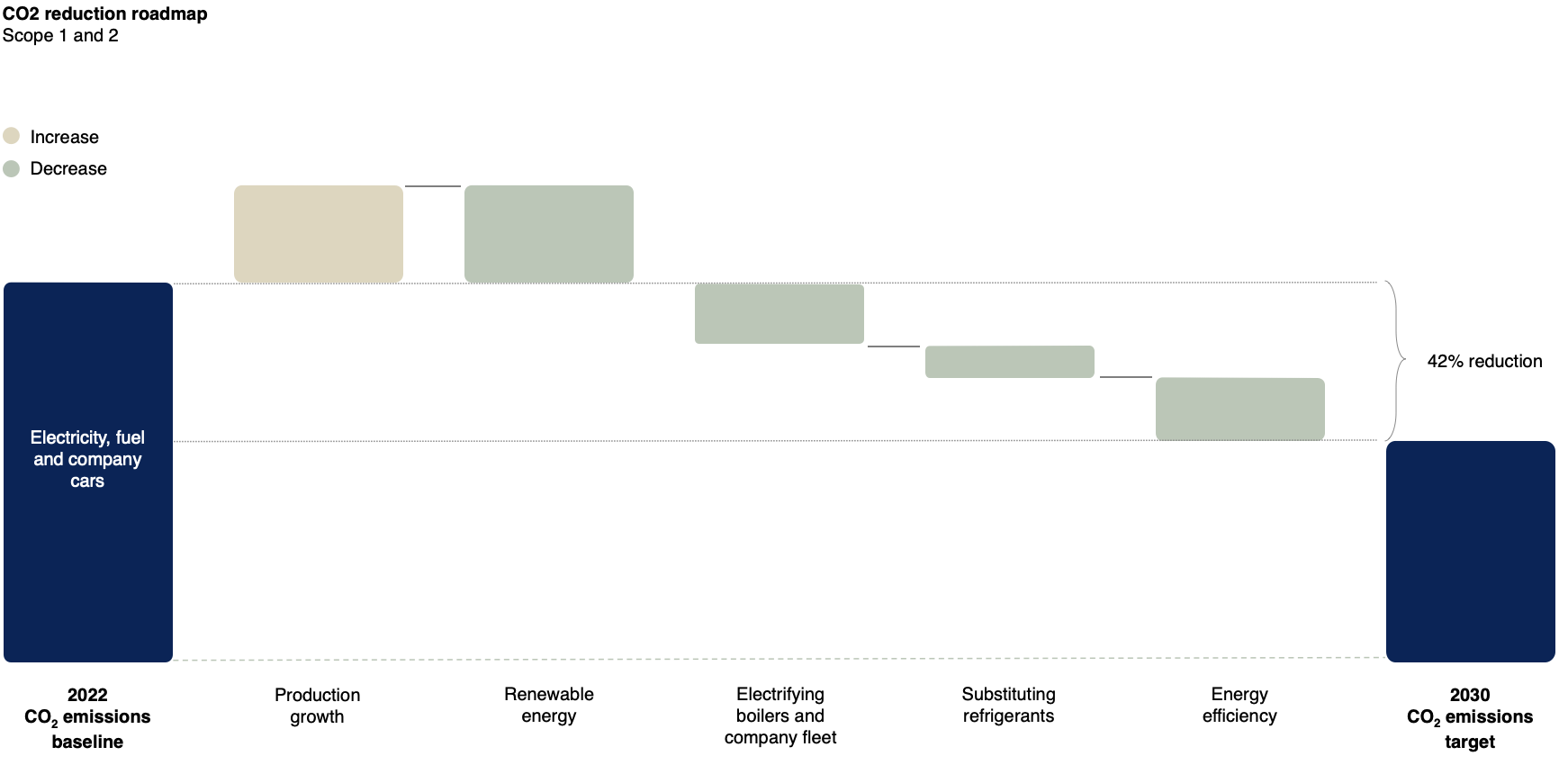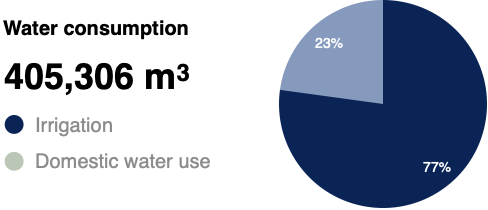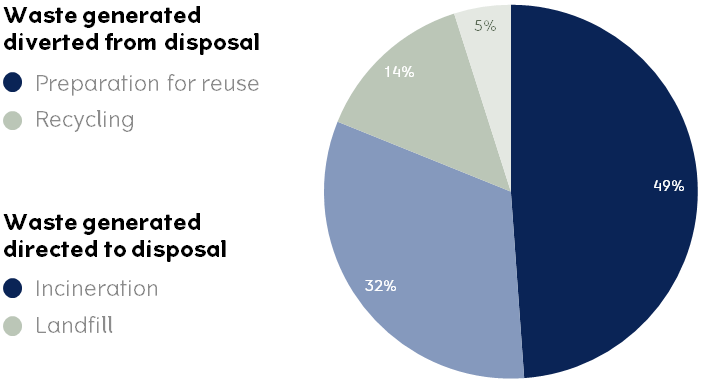Climate change
Climate change poses a direct threat to respiratory health by increasing the potential for allergen exposure. For example, climate change can extend pollen seasons and/or alter the distribution and abundance of allergenic plants. As a company focused on improving the lives of individuals with allergies, we recognize our responsibility to contribute to a healthier planet. Thus, we are committed to mitigating climate change in a manner that safeguards both the environment and people with allergies.







